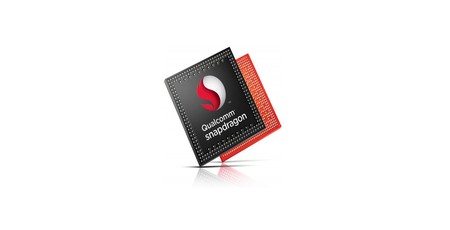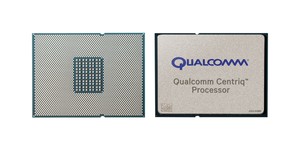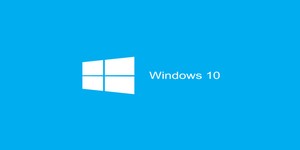
Qualcomm has claimed that running full-fat Windows 10 applications compiled for x86 or x86-64 will not negatively impact battery life on its upcoming Windows 10 on Arm devices, despite running under hardware-assisted emulation.
Announced by Microsoft in partnership with Qualcomm back in December 2016, Windows 10 on Arm does exactly what it says on the tin: Takes the full-fat Windows 10 operating system and runs it on selected Arm-architecture hardware. Unlike Microsoft's previous attempts at Arm compatibility, however, there's no apparent downside: Where the quickly-abandoned Windows RT was a cut-down variant of Windows 8 which lacked compatibility with legacy applications, Windows 10 on Arm is claimed to run anything an x86 desktop can - without the need to recompile any software.
With the first products from Asus and HP due to land sooner rather than later, though, there have been questions about just how effective the hardware translation layer which sits between the x86/x86-64 applications and the underlying Arm hardware really is - and how much impact it will have on the claimed up-to-20-hour battery life of the first generation products.
Qualcomm has been quick to reassure users that the efficiency of the translation engine is high: Speaking to Neowin, a company representative claimed that 'performance and battery life impact should be the same as it would be on a PC with an Intel processor' - meaning, if the claim can be taken at face value, the x86-to-Arm hardware translation engine is efficient enough to have no discernible impact.
Asus and HP have confirmed that their respective Windows 10 on Arm products will launch this spring, though at as-yet unannounced prices, with Lenovo expected to follow in due course. All presently-announced products will, the companies have announced, use Qualcomm's Snapdragon 835 system-on-chip (SoC).

MSI MPG Velox 100R Chassis Review
October 14 2021 | 15:04









Want to comment? Please log in.